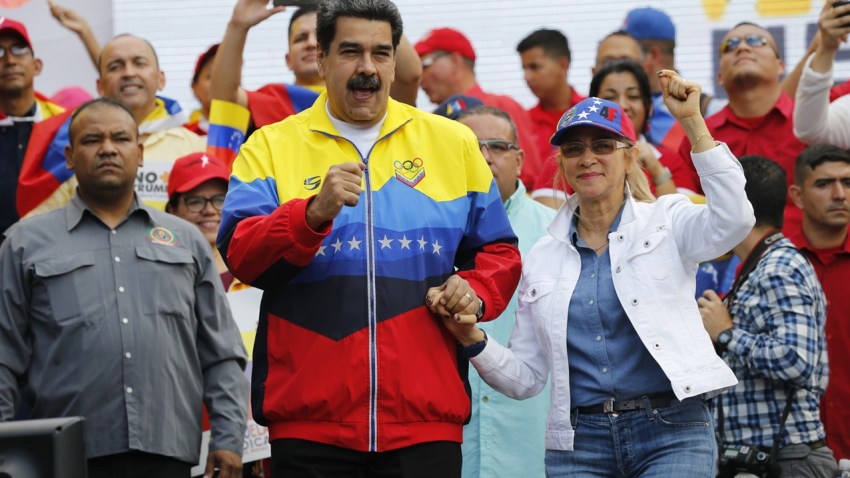Lately, energy companies have been acting as if U.S. sanctions on Venezuela’s oil industry are likely to end soon. Last month, two U.S. investment firms—Gramercy Funds Management and Atmos Global Energy—formed a joint venture with the Venezuela-based Inelectra Group to engage in oil and gas exploration. The ownership of Citgo’s refineries in the country were a key point of contention for several years between Venezuelan President Nicolas Maduro and his opposition, but the U.S. oil giant’s management has nevertheless said it would accept crude exported from Venezuela if sanctions are indeed lifted.
Their apparent belief that sanctions will be lifted is a response to several recent moves by Washington that suggest its relations with Caracas may be warming up. For one thing, the U.S. government has been more permissive toward oil exploration there. In June, it granted an informal waiver to Italy’s Eni and Spain’s Repsol to ship Venezuelan oil to Europe. Washington has also extended to Chevron limited permission to engage in discussions with the Maduro regime and PDVSA, Venezuela’s national oil firm, about future operations.
More importantly, despite breaking off diplomatic relations with the country in 2019, high-level U.S. officials have traveled twice to Venezuela this year. While the public focus of those visits was on the release of U.S. prisoners, multiple media outlets have suggested that conversations about lifting sanctions and increasing oil production also occurred. The results of those meetings have so far been limited. Maduro did release two U.S. prisoners, and the U.S. removed sanctions on Carlos Erik Malpica Flores, a PDVSA executive who is also the nephew of Maduro’s wife, Cilia Flores. There have been hints that negotiations between Maduro and his political opponents will resume, but progress is slow.

